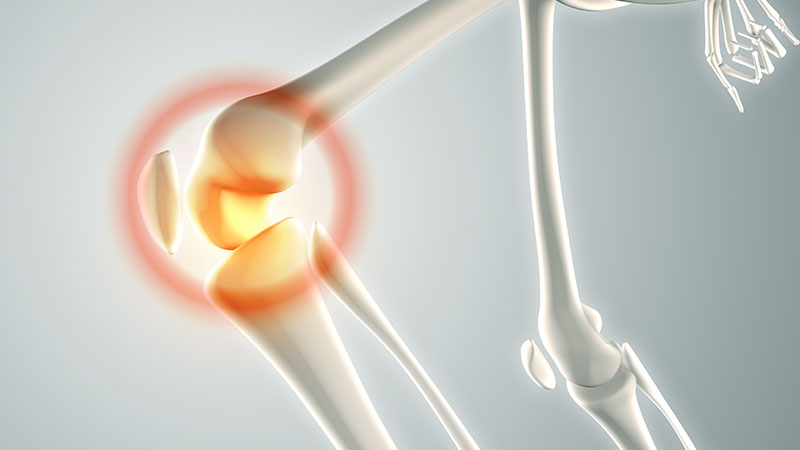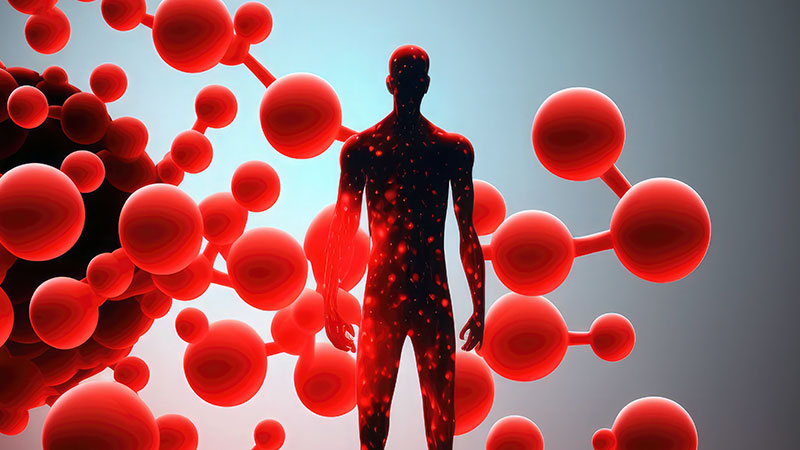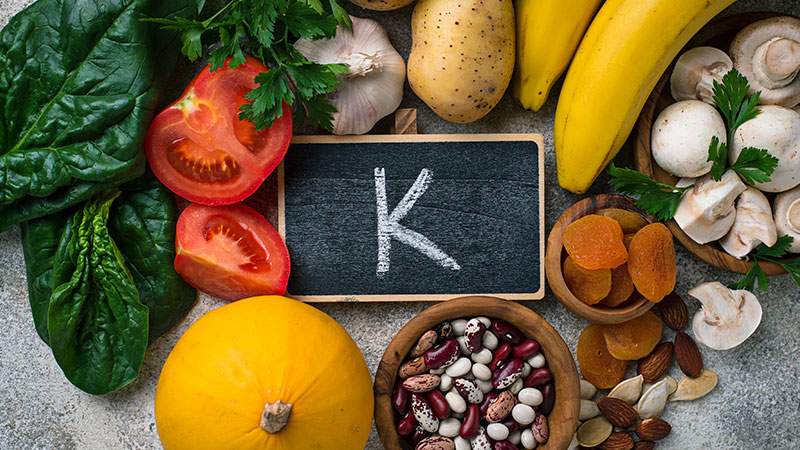Ever wondered how a lesser-known vitamin like K2 could have such profound health benefits? Vitamin K2, often overshadowed by its more famous cousin K1, plays a pivotal role beyond blood clotting.
It actively contributes to bone health by ensuring calcium is directed to where it’s needed most your bones and away from arteries where it could pose risks.
Moreover, vitamin K2 supports cardiovascular health by preventing arterial calcification, potentially reducing the risk of heart disease.
These benefits extend to metabolic health, where K2 influences insulin sensitivity and glucose metabolism. As research unfolds, its role in cognitive function and immune support also emerges.
Understanding the multifaceted benefits of vitamin K2 highlights its importance in maintaining overall health and underscores the value of incorporating K2-rich foods into your diet.
Let’s delve into how this often-overlooked vitamin can significantly enhance your well-being. So, stay sharp.

What Is Vitamin K2?
Vitamin K2, a lesser-known form of vitamin K, plays a crucial role in bone and cardiovascular health. It is a group of compounds known as menaquinones, with the most common subtype being MK-7.
Unlike vitamin K1, which is primarily involved in blood clotting, K2 helps regulate calcium metabolism in the body. This function is vital for maintaining bone mineral density and preventing conditions like osteoporosis.
Moreover, vitamin K2 supports cardiovascular health by ensuring that calcium is deposited in bones and teeth rather than in arteries and soft tissues, where it could contribute to arterial calcification. It achieves this by activating proteins that direct calcium to the bones and teeth.
Sources of vitamin K2 include fermented foods like natto (a Japanese soybean dish), cheese, and certain animal products.
Although less studied than other vitamins, its emerging role in bone and cardiovascular health makes it an important nutrient to consider in a balanced diet.
12 Health Benefits of Vitamin K2
This article explores twelve significant health benefits of vitamin K2, supported by scientific research and clinical evidence.
Each benefit will be discussed in detail, covering mechanisms of action, recommended intakes, dietary sources, and potential implications for health.
Understanding these benefits can highlight the importance of adequate vitamin K2 intake in maintaining overall health and well-being.
1. Bone Health and Osteoporosis Prevention

Vitamin K2 plays a critical role in bone metabolism by regulating calcium utilization within bone tissue. It activates osteocalcin, a protein necessary for binding calcium to the bone matrix, thereby promoting bone mineralization and strength.
Research suggests that adequate vitamin K2 intake may help prevent osteoporosis and reduce the risk of fractures, particularly in postmenopausal women who are at higher risk of bone loss.
2. Cardiovascular Health

Beyond its role in bone health, vitamin K2 influences cardiovascular function by preventing calcium from accumulating in arterial walls. This process, known as arterial calcification, can lead to stiffening of arteries and increased cardiovascular risk.
Vitamin K2 activates matrix Gla-protein (MGP), which inhibits calcium deposition in arteries and promotes vascular elasticity. Maintaining optimal vitamin K2 levels may thus support heart health and reduce the risk of cardiovascular diseases.
3. Cognitive Function and Brain Health

Emerging research suggests a potential link between vitamin K2 and cognitive function. Vitamin K2, particularly MK-4, is found in high concentrations in the brain and may contribute to brain health through its role in lipid metabolism and antioxidant activity.
Further studies are needed to elucidate the exact mechanisms, but preliminary evidence indicates that adequate vitamin K2 intake may support cognitive function and reduce the risk of neurodegenerative diseases.
4. Anti-inflammatory Effects

Vitamin K2 exhibits anti-inflammatory properties that contribute to overall health and disease prevention.
By modulating inflammatory pathways and reducing levels of inflammatory markers, such as C-reactive protein (CRP) and interleukin-6 (IL-6), vitamin K2 may help mitigate chronic inflammation associated with various conditions, including cardiovascular diseases, arthritis, and metabolic syndrome.
5. Dental Health

The role of vitamin K2 in dental health revolves around its ability to promote calcium utilization in teeth.
Adequate vitamin K2 levels support the formation and maintenance of healthy tooth enamel and dentin, thereby contributing to overall oral health. This nutrient may help prevent tooth decay and maintain strong teeth throughout life.
6. Metabolic Health and Diabetes Prevention

Vitamin K2 plays a role in glucose metabolism and insulin sensitivity, which are crucial factors in maintaining metabolic health and preventing diabetes.
By enhancing insulin sensitivity and reducing insulin resistance, vitamin K2 may help regulate blood sugar levels and reduce the risk of type 2 diabetes.
Incorporating vitamin K2-rich foods into the diet may therefore support metabolic health and contribute to diabetes prevention strategies.
7. Cancer Prevention and Treatment Support

Some studies suggest that vitamin K2 may have potential anticancer effects, particularly in relation to prostate, liver, and lung cancers.
The mechanisms underlying these effects are complex and may involve vitamin K2’s role in regulating cell growth, apoptosis (cell death), and oxidative stress.
While more research is needed to establish definitive conclusions, preliminary findings highlight vitamin K2 as a promising candidate for cancer prevention and adjunctive treatment support.
8. Skin Health and Aging

Vitamin K2’s role in skin health is linked to its ability to support collagen production and inhibit calcification of elastin fibers, which are essential components of skin structure and elasticity.
By maintaining skin integrity and elasticity, vitamin K2 may help reduce the appearance of wrinkles, sagging, and other signs of aging.
Incorporating vitamin K2 into skincare routines or consuming it through diet may contribute to overall skin health and promote a youthful appearance.
9. Immune System Support

Adequate vitamin K2 levels are essential for optimal immune function. Vitamin K2 contributes to immune system regulation by influencing the production and activity of immune cells, including T cells and macrophages.
By enhancing immune responses and promoting immune tolerance, vitamin K2 may help the body defend against infections, autoimmune disorders, and other immune-related conditions.
10. Hormonal Balance and Reproductive Health

Vitamin K2’s influence on hormonal balance is increasingly recognized, particularly its interactions with sex hormones such as estrogen and testosterone.
By supporting hormonal synthesis and metabolism, vitamin K2 may contribute to reproductive health, fertility, and overall hormonal balance in both men and women. Further research is needed to fully elucidate the extent of vitamin K2’s role in reproductive health.
11. Gut Health and Microbiome Diversity

Emerging evidence suggests a potential link between vitamin K2 and gut health, specifically its influence on gut microbiota composition and diversity. A healthy gut microbiome is crucial for digestion, nutrient absorption, and overall immune function.
Vitamin K2 may support gut health by promoting a balanced microbiota and contributing to gastrointestinal integrity. Incorporating vitamin K2-rich foods into the diet may therefore support gut health and optimize microbiome diversity.
12. Longevity and Overall Well-being

The cumulative effects of vitamin K2 on various aspects of health suggest its potential role in promoting longevity and overall well-being.
By supporting bone health, cardiovascular function, cognitive function, and other physiological processes, vitamin K2 may help individuals maintain vitality and quality of life as they age.
Optimal vitamin K2 intake, alongside a balanced diet and healthy lifestyle, can contribute to longevity and enhance overall well-being across the lifespan.
Vitamin K2 is a multifaceted nutrient with diverse health benefits that extend far beyond its initial recognition for blood clotting.
From supporting bone health and cardiovascular function to potentially influencing cognitive function, metabolic health, and beyond, vitamin K2 plays integral roles in various physiological processes.
Adequate intake of vitamin K2 through dietary sources or supplements is essential for maintaining overall health, preventing chronic diseases, and promoting longevity.
Foods That Are Enriched in Vitamin K2

Vitamin K2, crucial for bone health, cardiovascular function, and more, is found in various dietary sources, although often in lesser-known foods. Here’s an exploration of foods rich in this essential nutrient and their benefits:
Natto
Natto, a traditional Japanese dish made from fermented soybeans, is exceptionally rich in vitamin K2, specifically in the form of menaquinone-7 (MK-7). It’s considered one of the highest sources of vitamin K2 available.
Fermented Dairy Products
Fermented dairy products like cheese, particularly hard cheeses such as Gouda and Edam, contain significant amounts of vitamin K2. The fermentation process enhances the vitamin K2 content by promoting the growth of beneficial bacteria that produce menaquinones.
Fermented Vegetables
Certain fermented vegetables, such as sauerkraut and kimchi, can also provide small amounts of vitamin K2 due to the fermentation process. However, the content can vary based on factors like fermentation time and specific bacterial strains involved.
Organ Meats
Liver and other organ meats from animals raised on pasture may contain vitamin K2, particularly MK-4. These meats are rich in nutrients and have been traditional sources of various vitamins and minerals.
Egg Yolks
Egg yolks, especially from pastured chickens, contain vitamin K2, primarily in the form of MK-4. Including eggs in the diet provides a bioavailable source of this essential nutrient.
Butter and Ghee
Butter and ghee from grass-fed cows contain vitamin K2, particularly MK-4. These dairy products can contribute to overall vitamin K2 intake, especially when sourced from pasture-raised animals.
Chicken Meat
Chicken meat, particularly dark meat and thighs, contains vitamin K2, primarily MK-4. Including chicken in the diet can provide a source of this essential nutrient.
Salami and Sausages
Certain types of cured meats, such as salami and sausages, may contain vitamin K2, although the content can vary widely depending on processing methods and ingredients.
Fish
Certain fatty fish, such as salmon and mackerel, contain small amounts of vitamin K2, primarily in the form of MK-4. While not as concentrated as other sources, fish can contribute to overall dietary intake of vitamin K2.
Grass-Fed Meats
Meats from animals raised on pasture, such as beef and lamb, can contain vitamin K2, particularly MK-4. The quality of the animal’s diet influences the nutrient profile of the meat.
Wrapping Up
The diverse health benefits of vitamin K2 underscore its importance beyond blood clotting.
From promoting bone and cardiovascular health to potentially supporting cognitive function and metabolic balance, vitamin K2 plays a crucial role in overall well-being.
Incorporating vitamin K2-rich foods into your diet, such as natto, fermented dairy, and organ meats, can help optimize its benefits.
Whether through dietary choices or supplements, ensuring adequate intake of vitamin K2 supports longevity and enhances quality of life by safeguarding against chronic diseases and promoting optimal physiological function. Thank you very much.
